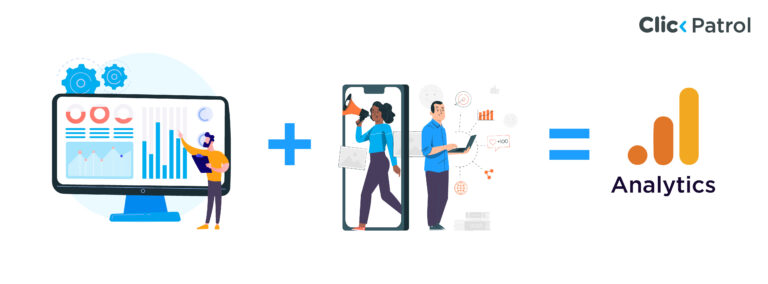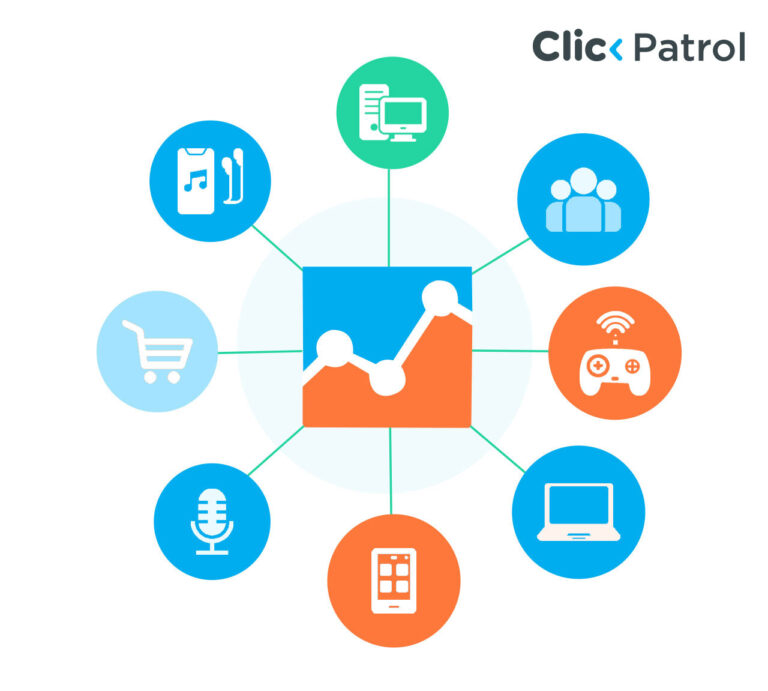
Invalid Clicks Vs Fraudulent Clicks; The Differences, Similarities and Meanings
Abisola Tanzako | Jul 18, 2023

The ad and marketing world is tricky; every relationship between advertisers and search engines is based on trust, but publishers and search engines often exploit this trust. They do this by committing fraudulent clicks and abusing invalid clicks. In the discussion about invalid clicks vs fraudulent clicks, we must put advertisers first.
Table of Contents
Advertisers pay a lot of money to put their products and services on different platforms; most advertisers get to do that through the PPC (pay-per-click) model, where ad advertisers pay a particular amount to the host website/page every time a customer clicks on the ad posted on the host website. In this type of marketing, site owners mostly have a budget for how much they are willing to spend on ads for a specific time. In recent years, eyebrows have been raised because the budget caps of publishers and advertisers are reached quickly yet without the impact of the acclaimed customers reached.
All of these happen because of invalid click exploitation and fraudulent clicks. Sometimes, website owners cheat their paying advertisers with illegitimate ad clicks. This means advertisers pay their website host for fraudulent and invalid clicks, which does not translate to revenue.
Difference between Invalid Clicks and Fraudulent Clicks
More often than not, these terms have been used wrongly or interchangeably. This is understandable because they are both forms of click fraud. Also, they both have a negative impact on ads, and advertisers have to pay for these clicks that do not positively add to their ad or overall website development.
With that at the forefront of your mind, it is understandable why people mix them up and can’t differentiate them properly, but they are different, and we will discuss a few differences you should know.
Fraudulent Clicks
Fraudulent clicks are for the sole purpose of inflating the cost of your ad. This click is usually employed by competitors with malicious intent to stall your growth. To carry out fraudulent clicks, bots and automated tools are often used. Fraudulent clicks can be as simple as a single person continually clicking on your ad or as complex as a bot committing click fraud.
Invalid Clicks
On the other hand, invalid clicks are simply accidental. Google AdWords helps differentiate between valid and invalid clicks. It has an algorithm that picks out clicks that are genuine and takes out clicks that are inflated, irregular, or extraneous. When your customer unintentionally double-clicks on your ad, it can be flagged as an invalid click. The specific algorithm used by Google AdWords to filter out invalid clicks still needs to be clarified, but understandably so to avoid exploitation by people.
The Difference
The significant difference between fraudulent clicks and invalid clicks is intention. The primary purpose of a fraudulent click is to cripple a competitor’s advertising strategy or help publishers make inflated profits, while an invalid click is accidental. This doesn’t excuse those advertisers or publishers who exploit invalid clicks for their own gain.
Invalid clicks can also be exploited to take advantage of someone’s ad campaign, and we know that now. More often than not, those kinds of attacks come from your competitor; when they ruin your ad campaign, they automatically get an edge over you in the marketplace. This means that if you continue to get invalid clicks on your ads, the loss in terms of revenue will be significant.
Preventing invalid and fraudulent clicks.
Even though invalid clicks are accidental, they are still awful for businesses, including fraud. Advertisers and publishers should have accurate knowledge of how to fight them.
Because the two types of clicks have a few significant differences, preventing fraudulent and invalid clicks effectively will require various methods.
How to prevent invalid clicks
- Avoid clicking on your ad; even if you have to test or check something on your ad, use a third-party tool. When you click on your ad, you unintentionally generate false impressions, which Google AdWords will flag as an invalid click.
- Stop encouraging family and friends to click on your ad all the time. Google will flag these clicks as invalid because they came from the same device/IP address.
- When you ask supporters to click on your ad in exchange for something, it is always bad for your business. Please do not do it!
- Ensure that the plans you have laid out for your ad do not lead to extraneous or accidental clicks.
- Be careful who you choose as a partner when doing an ad. Ensure that you do all your due diligence.
How to prevent fraudulent clicks
- Try to limit the scope of your ad as much as you can. Your target audience should be from a particular region so you can quickly identify fraudulent clicks from countries known for committing fraudulent clicks.
- Constantly monitor your ads. Employ analytic tools such as Google AdWords or any other analytical tool available. These tools help you monitor your ads and identify when fraudulent activities are taking place.
- Using popular and high-end websites to publish your ads is always wise because they have a proven track record. Avoid unknown websites as much as possible because they will likely engage in inflationary click fraud to take advantage of you.
- Invest in anti-fraud detection software. It is a wise decision. There are various kinds of anti-fraud software to fit your specifications. Surf through software programs and choose the one that best suits your needs.
Invalid and fraudulent clicks should not be tolerated
Distinguishing between invalid clicks and fraudulent clicks is crucial for businesses to accurately assess the effectiveness of their online advertising campaigns and protect themselves from malicious activities.
We know that invalid and fraudulent clicks are terms people use loosely; as an advertiser, you should not mix them up as the same. Invalid clicks and fraudulent clicks are different; keeping them separate helps you prevent them effectively. Over the years, these clicks have posed a major problem and caused significant damage to advertisers and publishers. Watch out closely for these clicks and deal with them accordingly.





